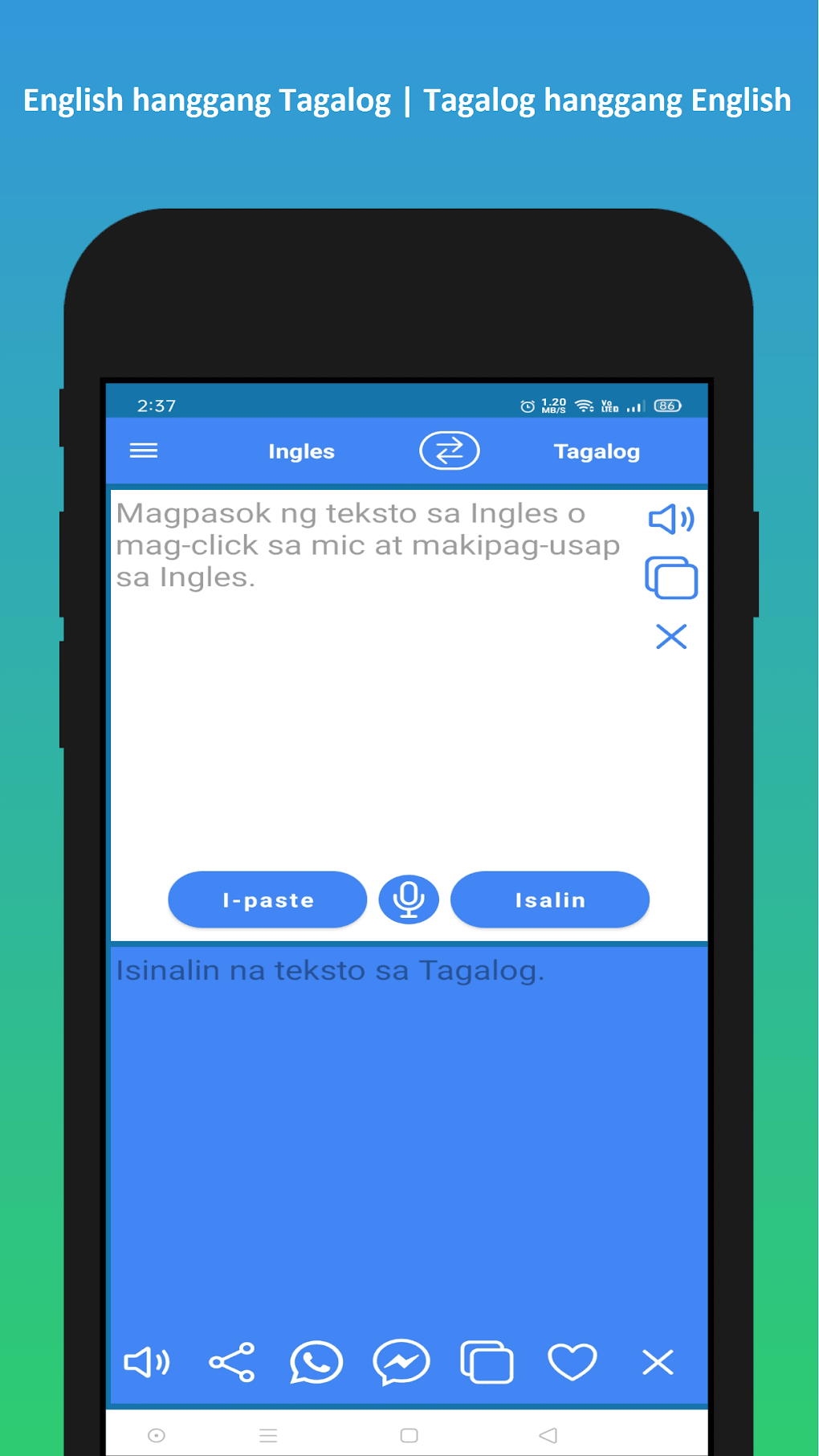
Game 2: Translation is Not a One-To-One Language Mapping-The Song Lyrics Google Translate GameĪs The Caption Game above illustrates, words don’t have a one-to-one correspondence to reality.

In this way, Wittgenstein (and now the Internet) shows us that language is not just a collection of words that describe things, but itself a collectively created “form of life.” If we call the now-familiar Zoom grid-of-faces a “Graduation,” that’s what it is! Call it “Happy Hour” or a “Celebration” and participants will see it as such. Reflections: Lately, in the age of COVID-19, using language to talk our reality into being has been a staple on Zoom or other video-conferencing media. How do you turn the image into a certain kind of event by captioning it one way or another? (“The Life of The Party”? “My Annoying Brother”? “Dinner with Friends”? “The Last Supper”?) You might start by looking for “optical illusions.” See how the words you use to describe each picture can change what you see! Then try playing with some of your own photos on social media. Play! Now that you’ve seen a few examples of how words create our world, go ahead (if you haven’t already!) and search around for more of these ambiguous images online. I could caption this “Cat on a loveseat” or “Cat contemplating the meaning of life” and viewers may see this photo very differently depending on which of those descriptions accompanied it. This is probably the most “classic” of all language games, created by the philosopher Ludwig Wittgenstein, who famously coined the term “language game” to describe everything we do with words.Įxamples: This picture was first used by Wittgenstein to show how language shapes our world. Game 1: Words Create Our World-The Caption Game As you engage in these naturally occurring language games, you may think you’re “just” surfing the Internet, but, I guarantee, online learning will happen-to make that more obvious, I’ve titled each of these games with an important mini-lesson about language you will learn as you partake, and added some post-game reflections for online learning bonus points: To that end, I dedicate this post to just five online language games-five of the infinite ways the Internet invites us into moments of language wonderment. While searching, we might also discover a secret that most avid Internet-surfers already know: The Internet can make online learning productive, fun, individualized, human-like, illuminating, and even important.


Đỗ Xuân Vỹ, profile picture.Lately, the Internet has become an indispensable resource for teachers and professors as we surf through websites and social media looking for examples, links, lessons, or just something to break the ice, lighten the mood, and remind us all of our shared humanity while online. It’s every other language that is not English. › photos When Google Translate can’t handle Finnish | Facebook


 0 kommentar(er)
0 kommentar(er)
